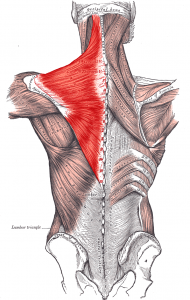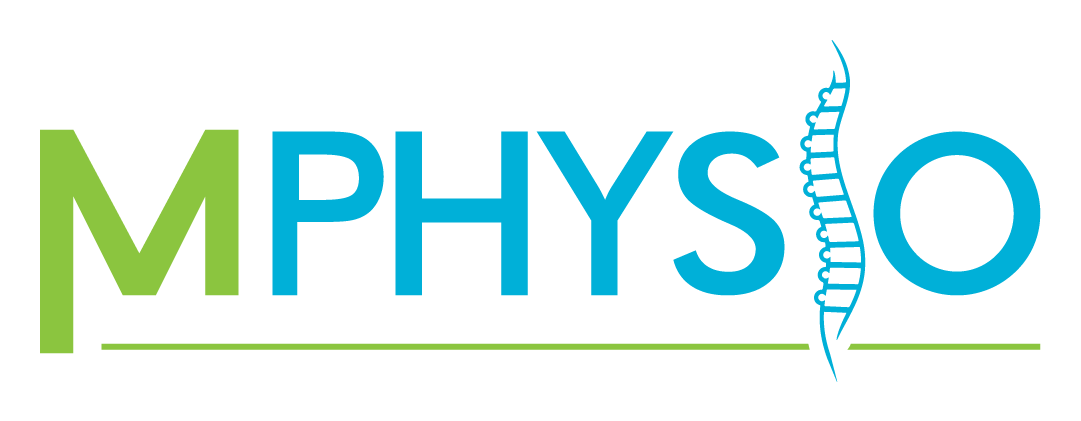Blog
Tightness In Your Shoulders – How To Relax Them
Many people who have shoulder and/or neck pain often find that their upper back can be quite tight and sore. Do you know why that is?

One of the many reasons of shoulder/neck pain is posture and inappropriate loading of muscles.
When you’re not in an ideal posture, you may be putting extra strain on the muscles of your head, neck and shoulders. In particular, the trapezius muscle.
The trapezius muscle
The trapezius muscle is a postural and active movement muscle. This major muscle is used in various movements of your head and neck, it is responsible for shrugging the shoulders, moving the shoulder blades and stabilising them when you are moving your arms.
As can be seen in the picture, this muscle is attached from the back of your neck, all the way down into your mid/lower back, and also inserting into your shoulders.
Hence, when this muscle is being inappropriately loaded, you may experience shoulder, neck and/or back pain.
Relaxing the trapezius muscle
This video shows you how to relieve the tightness in your trapezius muscle effectively.
As mentioned in the video, one of the most effective ways to relax your muscles is to improve your posture. Aside from maintaining an ideal posture and stretching the tight muscle, you can try the following ways to help you relax:
- bibasal breathing (breathing into the base of your lungs)
- reducing stress
- heat therapy
- trigger point release
Physiotherapy assessment and treatment
Physiotherapists can assist with an accurate diagnosis of your condition by performing a thorough assessment of how your joints move, determine whether muscles are a contributing factor to your symptoms.
Once they’ve established the cause of your condition, they help manage this by comprehensive explanation of what is going on, what you can do together to alleviate your symptoms.
More importantly, you should try to be proactive and remind yourself of an ideal posture and doing physical activity regularly.
Contact us
Call us on 1800 800 118
Email us to [email protected] to book an appointment with one of our physiotherapists today!
Imagine a life free from aches and pain!
